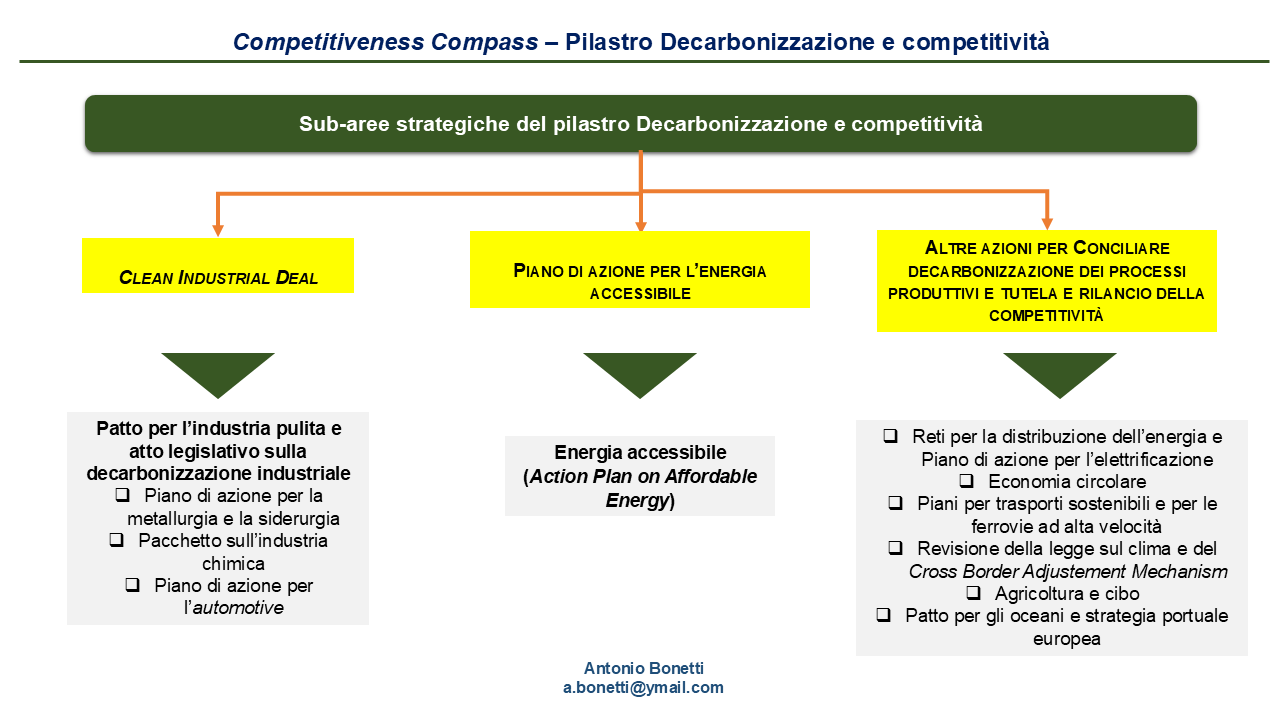Bean counters, predators … and impact investing
On the 15th of September there is an important conference on Social Finance in Rome organised by Human Foundation. In particular, there is the presentation of the report by the International Social Impact Investment Taskforce focused on impact investing (‘The Invisible Heart of Markets. How Impact Investing is harnessing innovation and capital for public good‘).
This taskforce was established by the G8 in June 2013, under the UK presidency, in order to provide policymakers with a set of recommendations meant to enhance and improve social impact investments (for more information on the G8 meeting on social impact investments held on the 6th of June 2013, see https://www.gov.uk/government/news/social-impact-investment-forum.)
Fortunately, in Italy – and Europe at large – there is an increasing attention to social innovation, social start ups and even the design and execution of new financial instruments aimed at providing nonprofit organisations and Public Administration with new sources of finance (Impact Investing).
In May, these issues were on display at the conference ‘Turning impact investing into practice: lessons from international experience‘, held in Milan and organized by the Impact Investing Lab of SDA Bocconi School of Management.
Unfortunately, six years on from the collapse of Lehman Brothers, the bleak truth is that bean counters and top executives of the financial industry still have an incredible power. Even worse, the non-regulated shadow banking system is still growing and reforms in financial markets have lagged far behind declarations of intent. In other words, “the predatory side of capitalism” (see Geoff MULGAN, ‘The Locust and the Bee‘, 2013) is still running the show.
Mulgan reminds us that “finance had evolved even further away from the real economy. The justification for capital markets is that they move capital to its most productive use. Yet this was no longer their main work. Financial markets do little to finance either production or innovation” (G. Mulgan, ‘The Locust and the Bee‘, 2013, p. 20.)
Against this bleak background, my view is that we need reforms in the financial system that go beyond the need to design new sources of finance, aimed at meeting the specific financial needs of nonprofit organisations or at financing social policies.
As suggested by Mulgan, “Finance can also be reingeneered to encourage more relational services” G. Mulgan, ‘The Locust and the Bee‘, 2013, p. 179.) To that end, we need thousands of “bee-like” operators in the financial industry, acknowledging that bees are ‘quietly productive, providing benefits to many [..] intensively cooperative, and blended, like best markets, with a collective intelligence that outstrips the sum of its individual intelligence‘ (G. Mulgan, ‘The Locust and the Bee’, 2013, p. 15.)
Social entrepreneurship in the financial industry
So far, the debate in Italy has been mainly focused on the importance of finding new ways of financing NGOs and social enterprises. The main reason is that they have specific difficulty accessing working capital, and even bridge financing, to pay for social projects that they implement as sub-contractors of the Government.
Moreover, the debate is only marginally taking into consideration the most innovative instruments within the emerging field of ‘social finance’, i.e. Social Impact Bonds (SIBs).
SIBs are a new contracting and financing model meant to establish new partnerships between Governments – at every tier – and private investors to deliver social and human services (see my recent post of 10th of July ‘Social Impact Bonds at a glance‘.)
This brief note deals with specific shortcomings within the financial industry that could hinder the full exploitation of Social Impact Bonds.
First of all, it seems to me that in Italy, apart from some innovative projects funded with the aim of combining commercial and social purposes, neither banking foundations nor other financial institutions are keen on financing projects in the social field that, by definition, guarantee a low return rate.
In addition, it is well known that if agreed-upon results of projects funded by Social Impact Bonds are not met, investors will lose the capital invested. Furthermore, they are locked into very complex contracts that usually last many years.
As a result, the article calls on the major Italian financial institutions to engage more broadly. Also, it calls for the Government to undertake a deliberate strategy aimed at boosting social entrepreneurship in the financial industry.
The issue of creating new innovative start ups is high on the Italian political agenda. Unfortunately, the debate over it is anchored to the arguable idea that innovative start ups are only those launched in the ICT sector.
In contrast, I believe that policy makers should sustain not only ‘digital start ups’ but also ‘social start ups’. In my opinion, the Italian economy faces so many social problems that the need for ‘social start ups’ is much stronger than the need for ‘digital start ups’.
Furthermore, as stated earlier, policy makers should incentivise the start up of new ventures in the financial industry, truly committed to ensuring affordable access to capital for social innovators.
To sum up, in Italy we need a stronger Government’s commitment to both ‘social startuppers’ and ‘socially-minded investors’.










